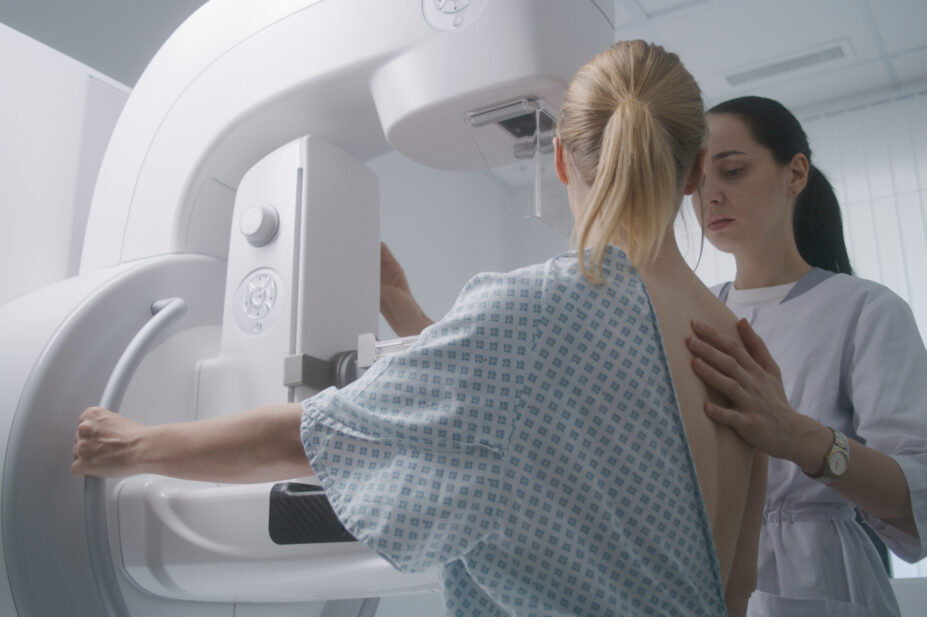
Shutterstock.com
The impact that socioeconomic and health inequalities can have on cancer referrals has been included in updated guidance on referrals for suspected cancer in Scotland.
The draft ‘Scottish referral guidelines for suspected cancer’, published in December 2024, has been updated from the 2019 version to support the Scottish government’s ‘Cancer Strategy for Scotland 2023-2033‘, which aims to speed up the detection and diagnosis of cancer.
“The vision is to reduce later stage disease by 18 percentage points by 2033,” the guidance says.
“Reducing the number of later stage (3 or 4) diagnoses will improve cancer survival and patient outcomes.”
The strategy says that while four out of five breast cancers (78%) were diagnosed at an early stage (1 or 2), “in contrast, two-thirds of lung cancers (66%) and more than two in five colorectal cancers (44%) were diagnosed at a late stage (stage 3 or 4)”.
The referral guidelines also focus on the impact that socioeconomic and health inequalities can have on cancer referrals, with the strategy stating that there is “convincing evidence that socioeconomic deprivation increased the likelihood of being diagnosed with more advanced cancers of the cervix, breast in females, head and neck and prostate”.
The ‘Scottish referral guidelines for suspected cancer’ were first published in 2002 and subsequently revised in 2007, 2014 and 2019. Previous versions of the guidance have not included a focus on socioeconomic inequalities.
The guidelines are made available to “all healthcare professionals to whom someone may first present with symptoms of possible cancer”, including pharmacists.
“Local arrangements should be in place in each NHS board area for advanced nurse practitioners and other nursing staff, pharmacists, dentists, optometrists, NHS 24, paramedics and others to ensure rapid referral is arranged,” the guidance says.
Commenting on the updated guidance, Heather Dalrymple, national clinical lead for cancer medicines at Healthcare Improvement Scotland (HIS), said: “In 2023, the Scottish government commissioned the Centre for Sustainable Delivery (CfSD) to conduct a full clinical review and update of the Scottish referral guidelines for suspected cancer, according to current evidence and clinical consensus.
“CfSD commissioned HIS and Cancer Research UK to undertake a review of the current worldwide cancer referral guidelines and emerging evidence for each tumour group. Relevant demographic data was also obtained from Scottish government and Public Health Scotland.”
Dalrymple said that a steering group was established to oversee the review process and “peer review sessions were held for each of the tumour types”.
“A session was also held to create a new guideline on assessing and referring people with non-specific symptoms of cancer,” she added.
The consultation is open until 31 January 2025.


